During the Paris climate summit, a youth hostel hosted international journalists from Kenya to Vietnam. Here’s what they wanted to know
Phan Thi Vietanh, Vietnam.
Journalists from around the world traveled to Paris this month to report on the historic climate change summit. One Paris youth hostel turned into a hub for young global journalists covering COP21. I spent the week at this hostel, called Place to B, and over breakfast, I asked my fellow journalists to tell me their most pressing questions.
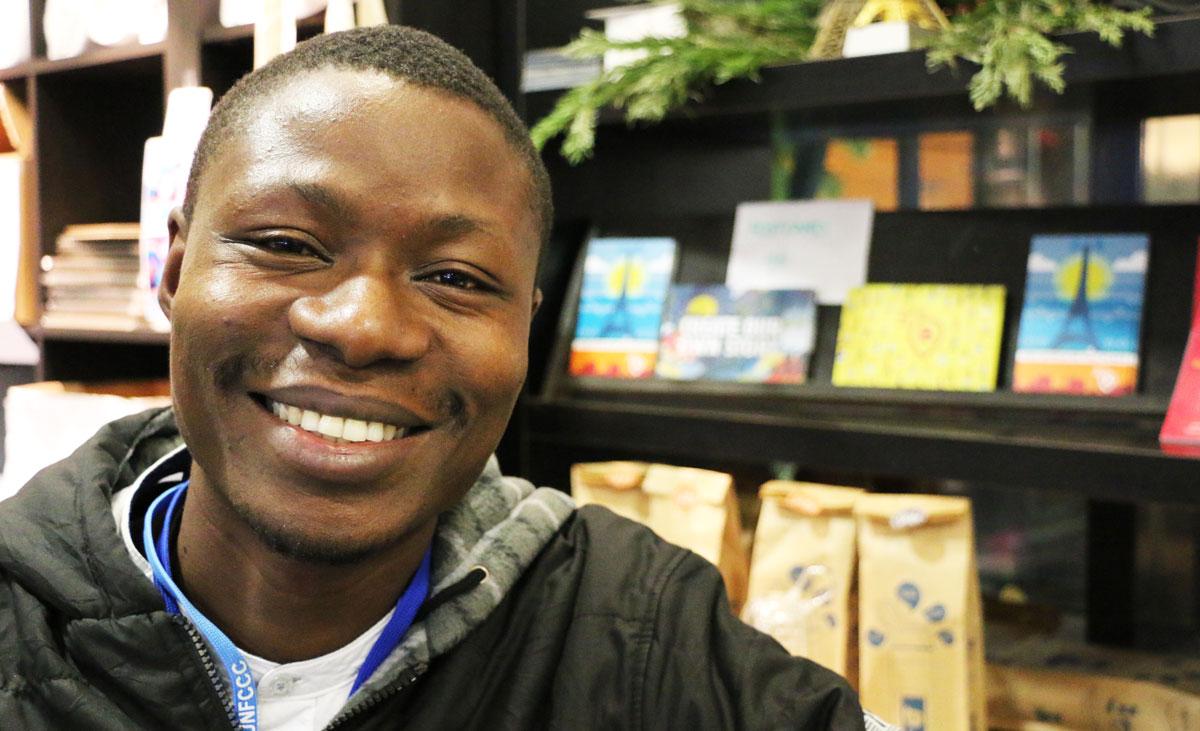
My name is Dotto Kahindi. I come from Dar es Salam, Tanzania. I’m a journalist and I blog about climate change and environment issues. The first question was: Why do we need these COPs? They started a very long time ago, and we still don’t get to a point where there is real agreement.
Follow all of our coverage of the Paris talks and the global climate crisis
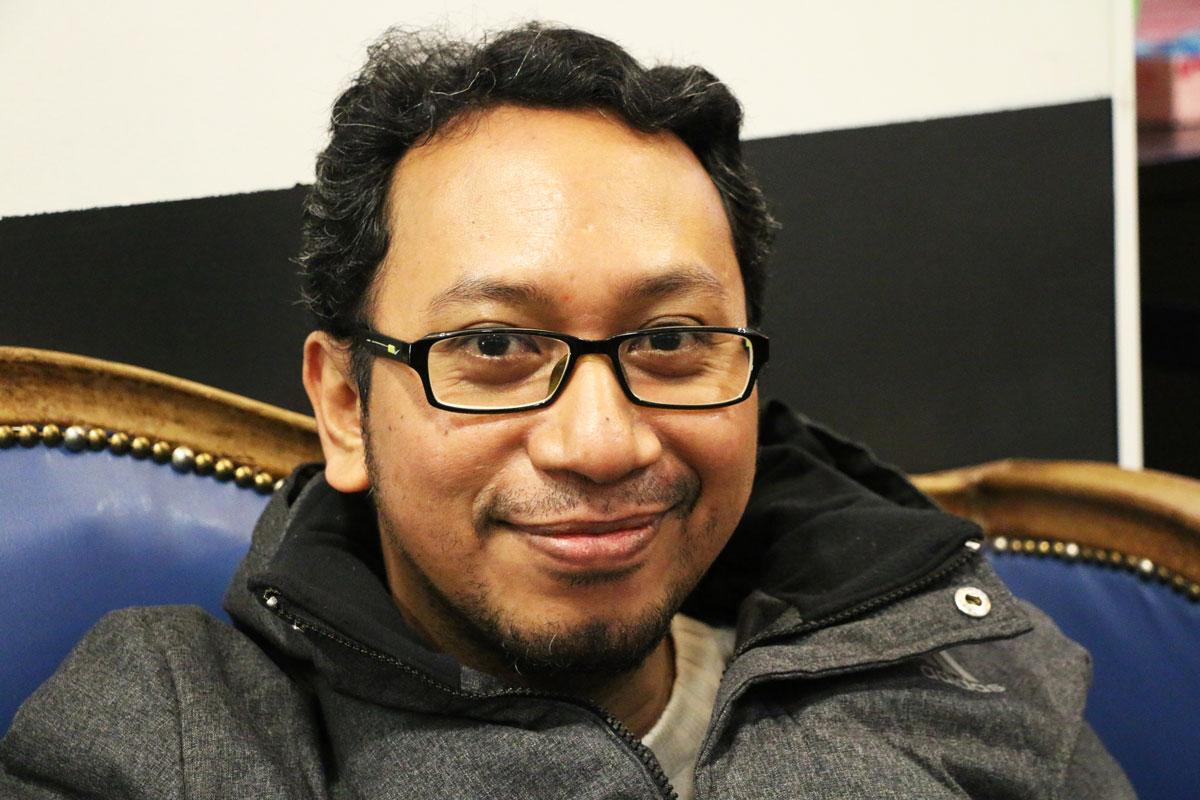
My name is Laban Abraham, I am editor for Suara.com, in Jakarta, Indonesia. My top question was: How serious are the developed countries just like America and China to reduce emissions? And the other question was: How much money will they give to countries that have a bigger forest, just like Indonesia and Brazil?
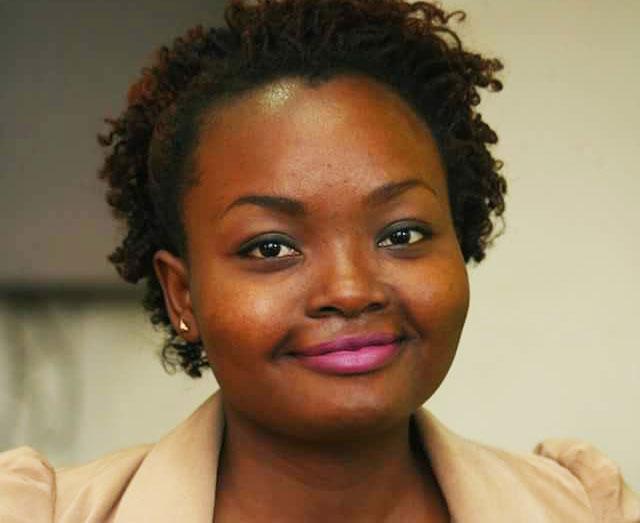
My name is Eunice Kilonzo. I’m based in Nairobi. I write for Daily Nation newspaper. For me, would be, what happens after COP21, and then what does the agreement mean eventually to the Kenyans? I mean, why should they care?
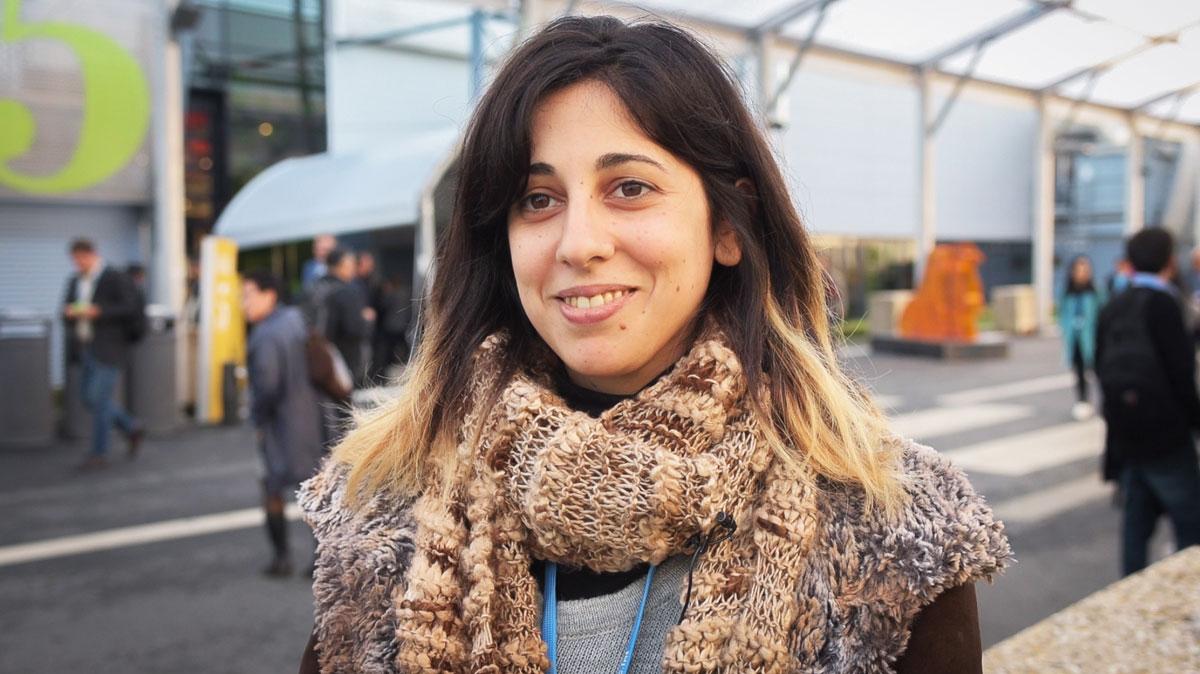
My name is María del Pilar Assefh. I’m from Buenos Aires, Argentina. I work at El Cronista Comercial newspaper. There’s so many questions, you know? What’s the economic value right now of fossil fuel subsidies in the world? How much is that money? Who are the companies that are getting benefitted by those policies?
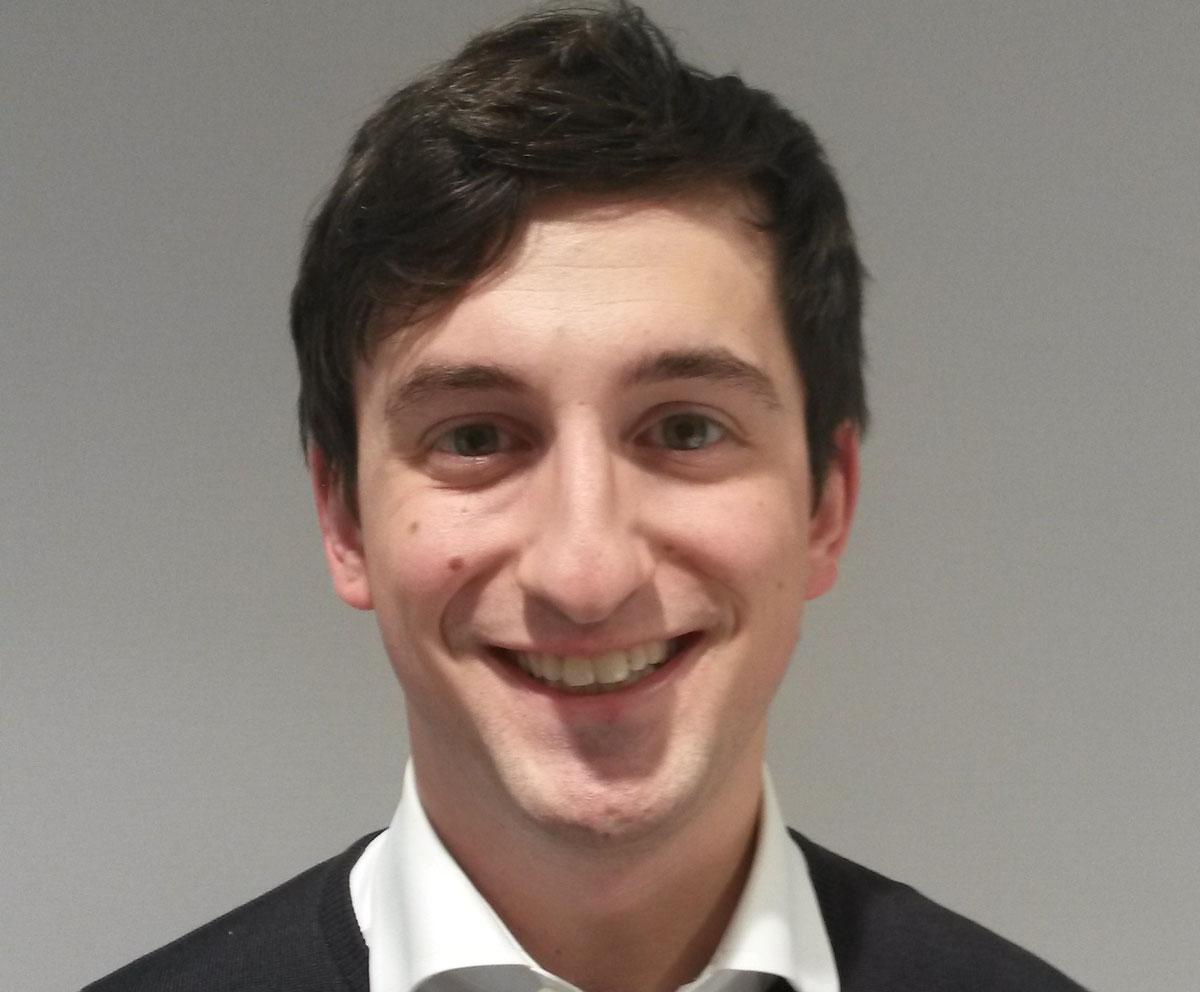
My name is Alex Lewis-Jones, I’m from London. So, the name of the paper is The Bottom Line. My top three questions: One — how do we get a transparent and accountable deal? Because, for a long-term investment that’s required for businesses to do, we need a long-term deal that they guarantee that the regulation will be there. Number two was about finance. We’ve guaranteed $100 billion a year, but that’s just a fraction of what we need. Where’s the rest of the money going to come from? Number three: what can we do to really ratchet up our ambitions on climate action over the next couple of years?
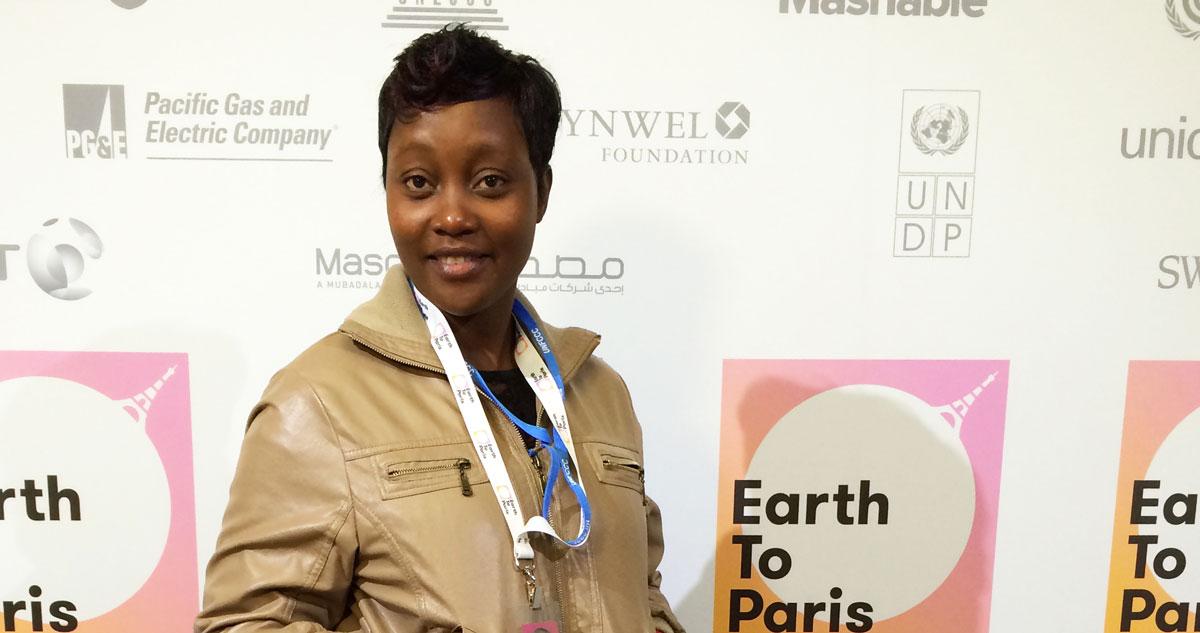
My name is Edna Chirimamombe. I work for Zimbabwe’s national news agency called News Ziana. If funds are channeled toward issues of climate change, how will you ensure the transparency of those funds? Who will audit those funds to make sure that they are not being misused?
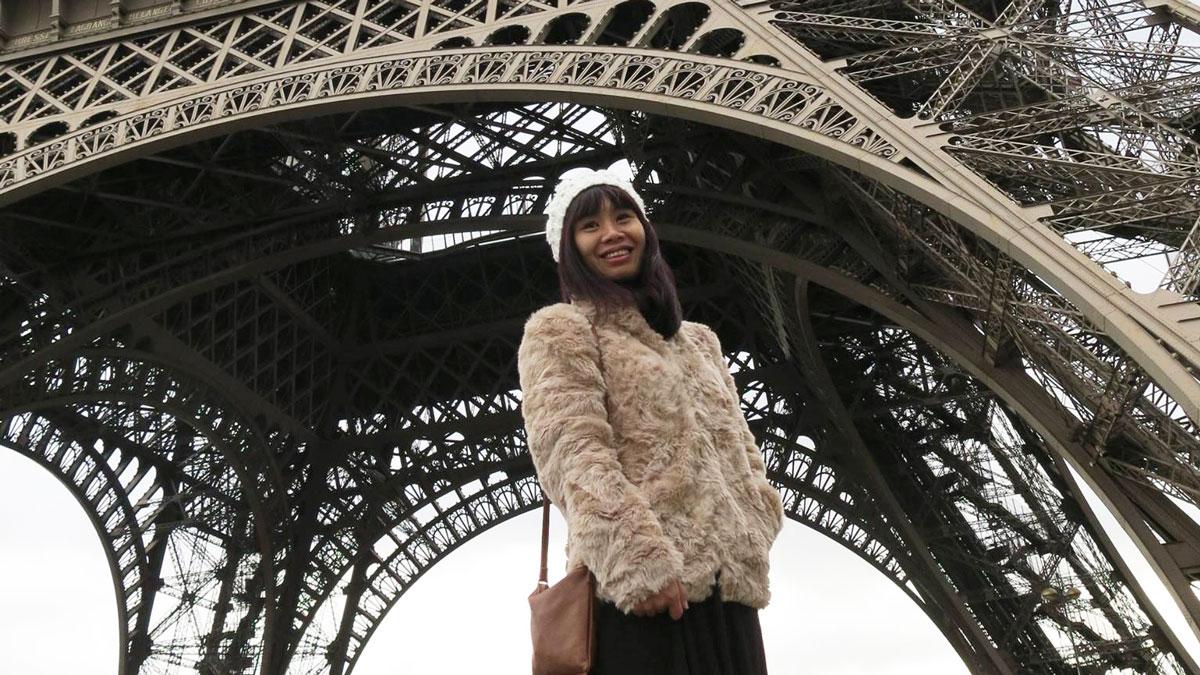
My name is Phan Thi Vietanh. I come from Hanoi, Vietnam. I work for the online newspaper VNExpress.net. I’d like to know how can countries around the world cooperate to make [a binding agreement] become real? I would like to explore how Vietnam could learn from other countries in developing clean energy, like solar, wind energy, and renewable.
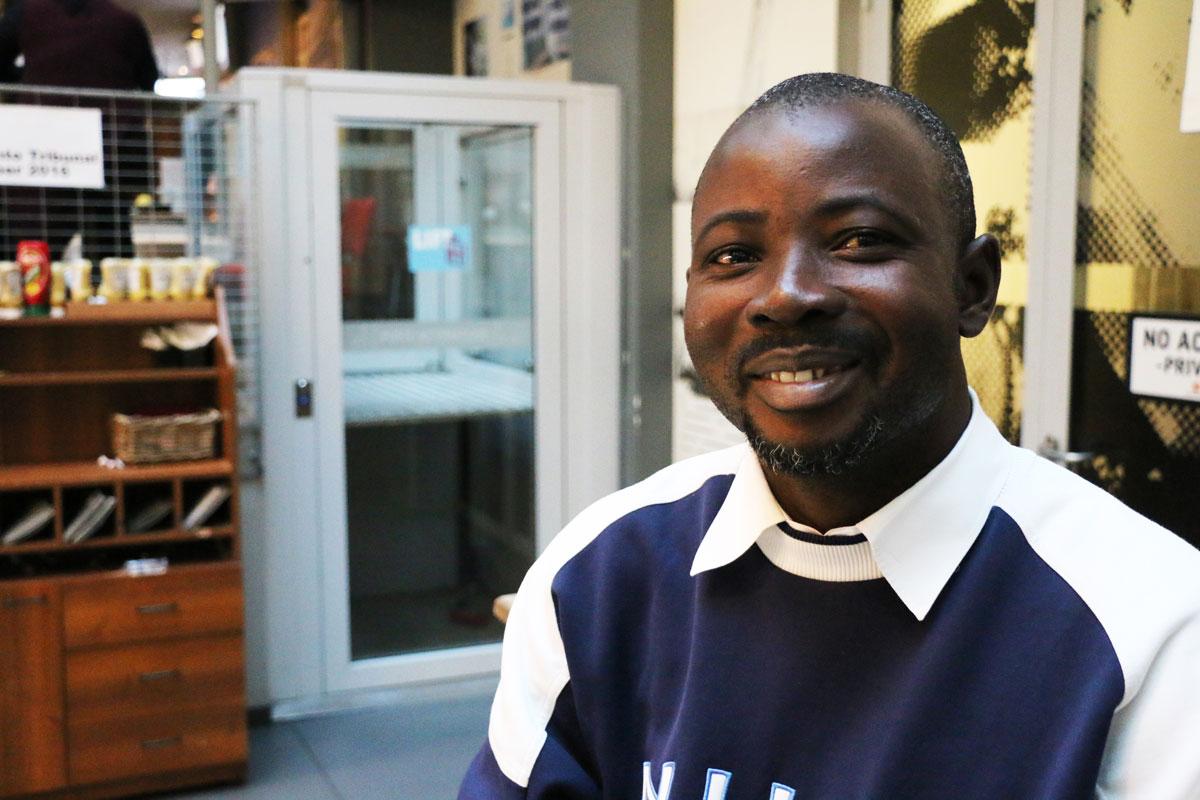
My name is Sam Otti. I’m from Lagos, Nigeria, I write for The Sun newspaper. Coming to Paris is a big one for us because we really wanted to know the African perspective. Now that the emphasis is being laid on reducing carbon emissions, we are trying to know what Nigeria is currently doing to make sure the carbon emissions get really low.
Our coverage reaches millions each week, but only a small fraction of listeners contribute to sustain our program. We still need 224 more people to donate $100 or $10/monthly to unlock our $67,000 match. Will you help us get there today?